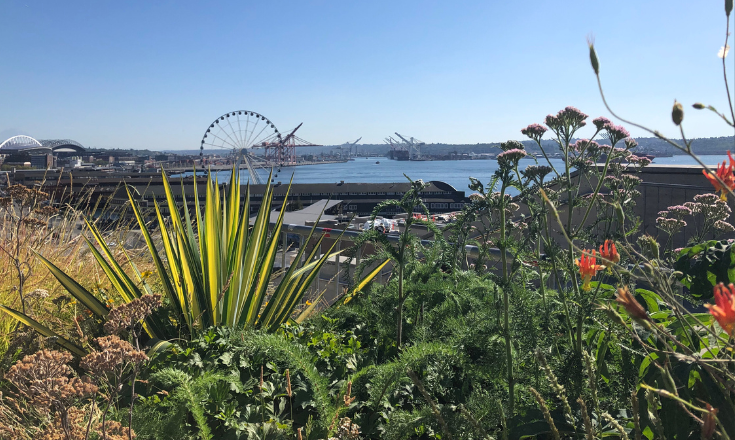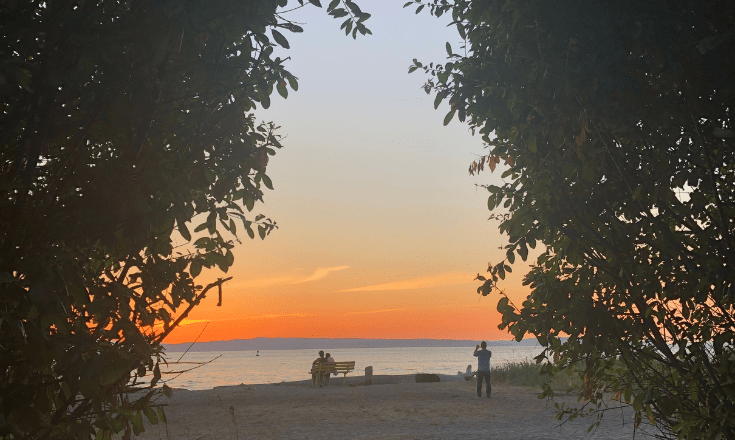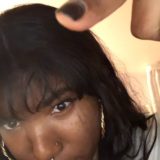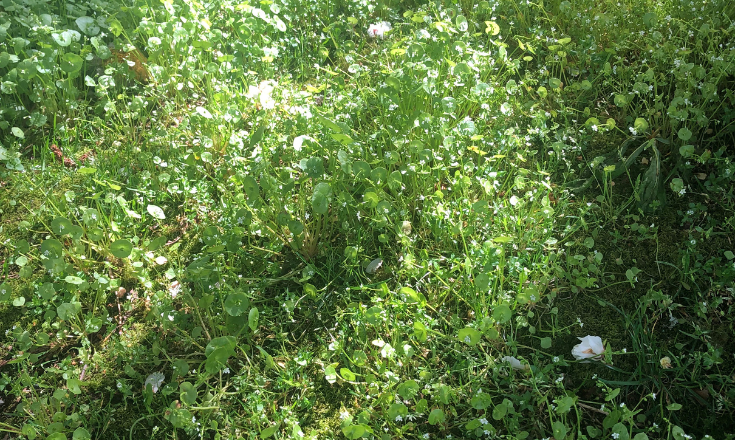It’s no surprise that even though we are in a “post-COVID” world, things haven’t felt the same since 2019. Maybe it’s the residual effects of the 2020 “Stay Home – Stay Healthy” Order, but I haven’t felt the same, either. It’s not far-fetched to think that something shifted in all of us.
Anxiety and depression have skyrocketed to alarming levels since the pandemic. Although more resources are being made available, issues like isolation and hustle culture are growing alongside them. 2021 was the summer of “girl-bossing” and “bag-getting”: the idea that discipline, schedules, and horizonless goals could save us from ourselves exploded online. But how do you wake up at 5 a.m., run 3 miles before work, and eat gluten-free vegan if you can’t even think of a future worth living? In a way, the hope that existed in the 2019 world is long gone after COVID revealed the cracks in our usually comfortable world.
Despite getting off social media, exercising, eating better, and even drinking more water, a numbness swirled inside me. A feeling of doom as I clocked into work and submitted discussion questions on Canvas consumed me, but acknowledging it was akin to succumbing to it. For many years, I have used the Google search bar for my existential problems, but this one couldn’t be resolved on Reddit. I wanted to give up and turn everything off.

When all else failed, I took a walk. I walked from my house and around Capitol Hill during the end of September. I didn’t want to listen to podcasts or music because everything was just too much. The leaves under my feet would crunch. I could hear all the different birds. Soon, I noticed how big the maple leaves were. Each day, I started noticing more things. I recognized the differences in the pines. The seed pods on plants turned from green to deep red right before my eyes. I always noticed the crows, but now I knew which crows belonged to which neighborhood blocks. Other species like chickadees, robins, and juncos looked like more than just little birds, but members of my community and my neighbors. Then, I saw more exotic birds: woodpeckers, bald eagles, and blue jays making their nests. The world around me felt completely changed. Even the spiders in my house became guests instead of invaders. I felt like I was feeling for the first time in forever.
My worries, thoughts, feelings, and doubts were not completely gone, but there was a feeling of “who cares?” Yeah, my ass is flat, but all the squirrels are active and out and finding nuts for hibernation. Yeah, he didn’t text me back, but that cedar on my street is 120 years old and home to so many different little creatures.
Every day, more and more research finds that being outside positively affects mental health. Several ideas have been suggested; one theory is that being outside awakens the connection to nature inside of us, which goes back to our first human ancestors. Patients’ moods were lifted when they spent time in nature, which increased calm and reduced feelings of isolation according to another recent study. Some even suggest that the rapid growth of technological advances has affected how much time we spend outside, in turn making us all feel a bit worse. There is a lot of data backing up that “smelling the roses” is actually all that it’s cracked up to be.

The phrase “touching grass” is used to address those who are “terminally online.” It is used as an insult to people wrapped up in things that only exist online instead of being involved in the reality surrounding them. But I did indeed need to touch grass. My hands needed to be compared to big maple leaves and lamb-eared plants. I needed to see the drops of dew on the morning grass as I fought my raging hangover. It truly is about the little things in life. There is so much more to living than participating in the rat race or living the “American Dream”. Rating and reaching goals are important, but what’s a life of goal after goal with nothing in between? Ditching the virtual world for the real one made me realize that we are more than our thoughts; we are greater than our feelings, and our bodies have been trying to tell us that, too.
Author

Meet Haylee, a writer with a passion for the unique and the strange. When she's not writing for The Collegian, you can find her binge-watching Real Housewives or getting lost in the world of plane documentaries. When she's not in front of a screen, she's either tide-pooling or sipping on an oat milk latte, both of which provide her with a sense of peace and calm as a chihuahua dog mom. With a unique perspective and an eye for detail, Haylee uses journalism as a way to understand the world and the people that make it special.







Be First to Comment